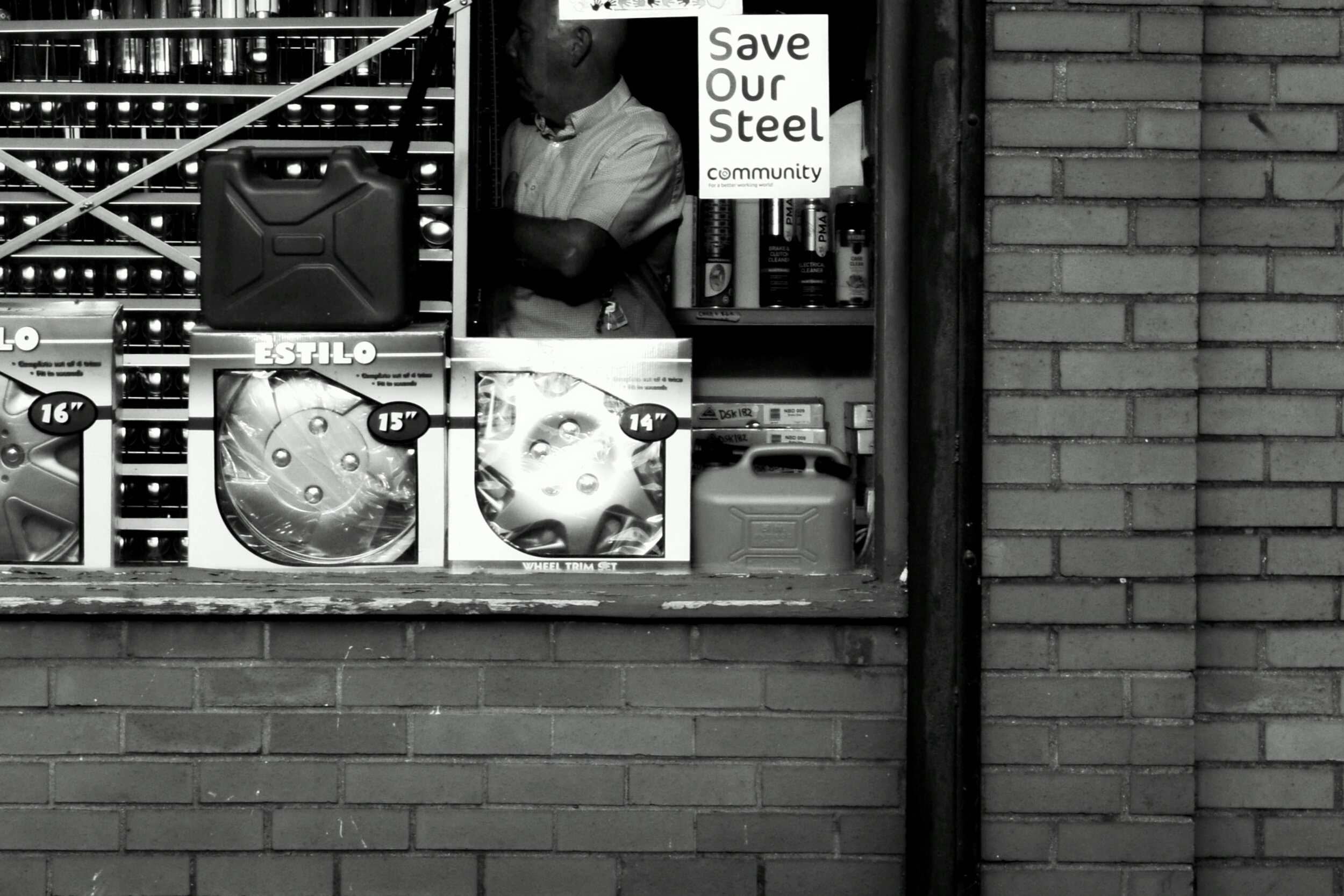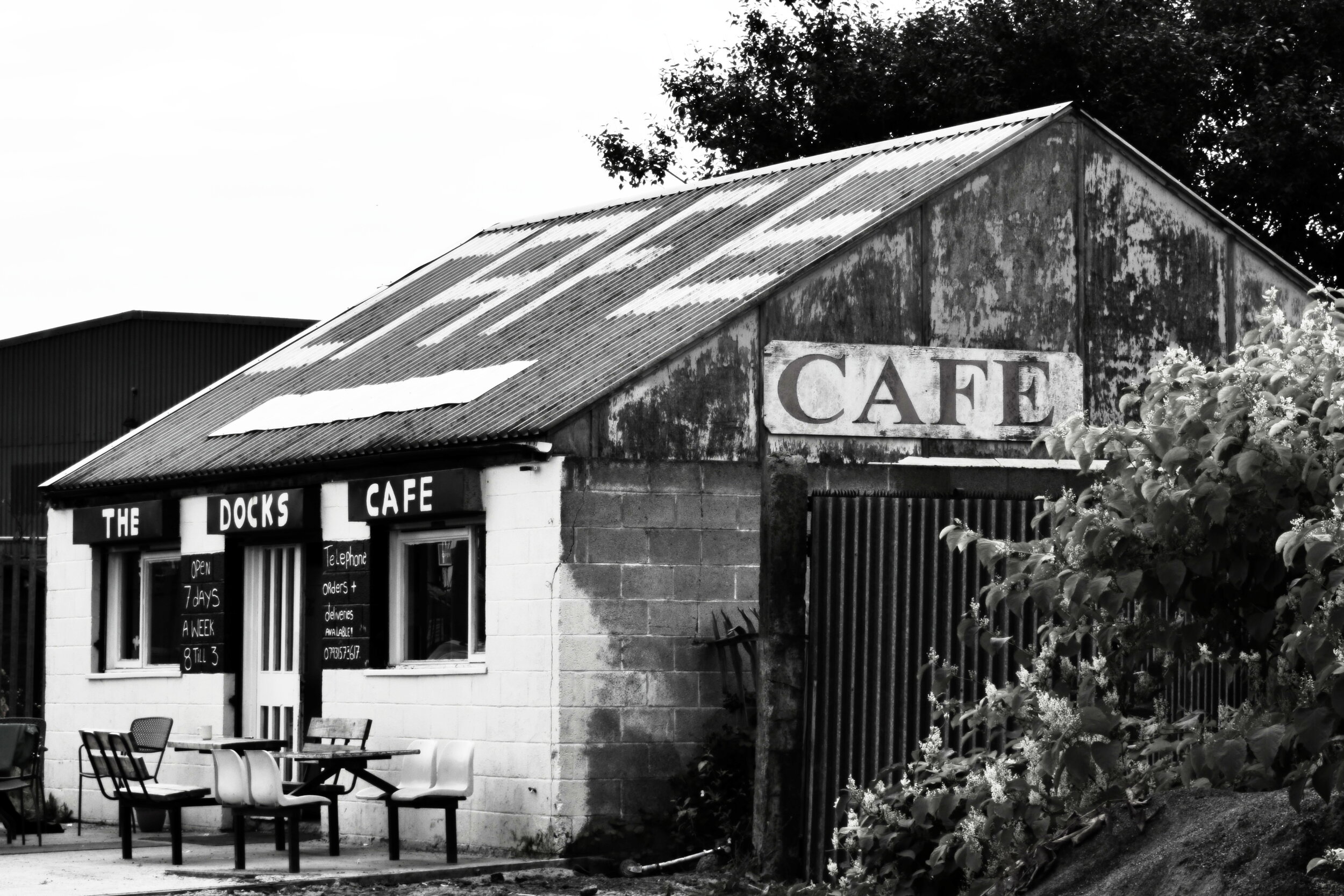Welsh town steels itself for globalization










By Aleydis Nissen
Port Talbot Steelworks is the largest steel plant in the UK, producing nearly all 1 and 2 penny coins in circulation. It is one of the largest private employees in the town, employing around 4,000 workers. The Welsh economy was put at risk last year when the owner of the plant, the Indian multinational Tata Steel, announced that it was no longer profitable, and looked to sell the plant. It is still looking for buyers, but the plant remains threatened.
The flood of Chinese steel into Europe is a major reason for the plant’s demise. The amount of steel exported from China rose from 65 million tons in 2007 to 108 million tons last year. During the 2000s, numerous steel production facilities were built in China to support its fast-growing economy and building boom. The excess capacity from these facilities is now cheaply sold overseas, which has made it difficult for Port Talbot steelworks and other plants to compete.
The European Union, of which the United Kingdom is still part, has tried to combat Chinese steel-dumping with anti-subsidy measures and tariffs, but Port Talbot is still struggling to survive. The jobs that are now threatened and questions of whether the steelworks can survive are at the heart of a story over globalization and its discontents. If Welsh steel cannot compete with Chinese exports, this major industry and historical landmark might still be shut down.
About the Author
Aleydis Nissen is a PhD researcher and graduate tutor at Cardiff University. Her research focuses on business and human rights issues.